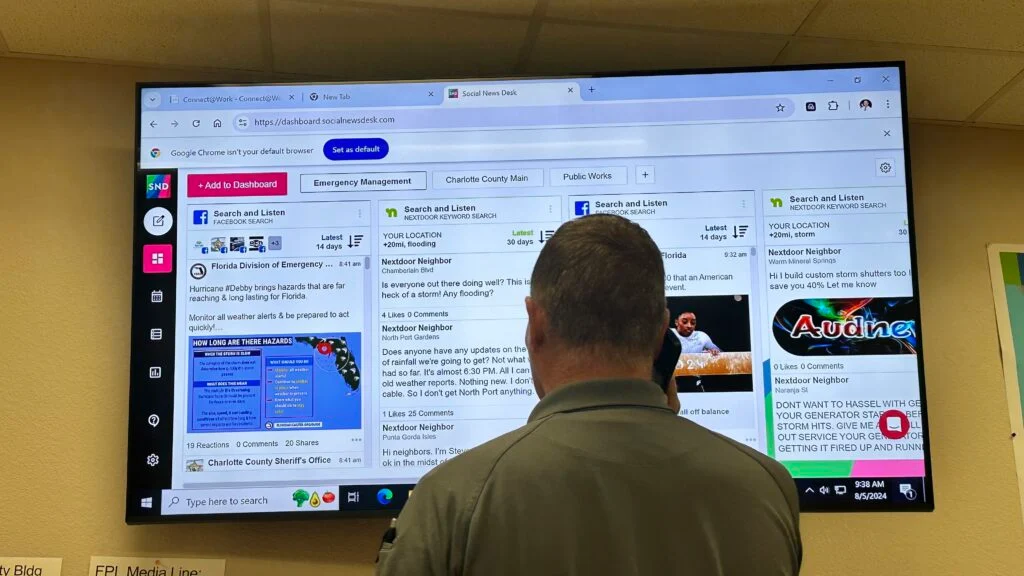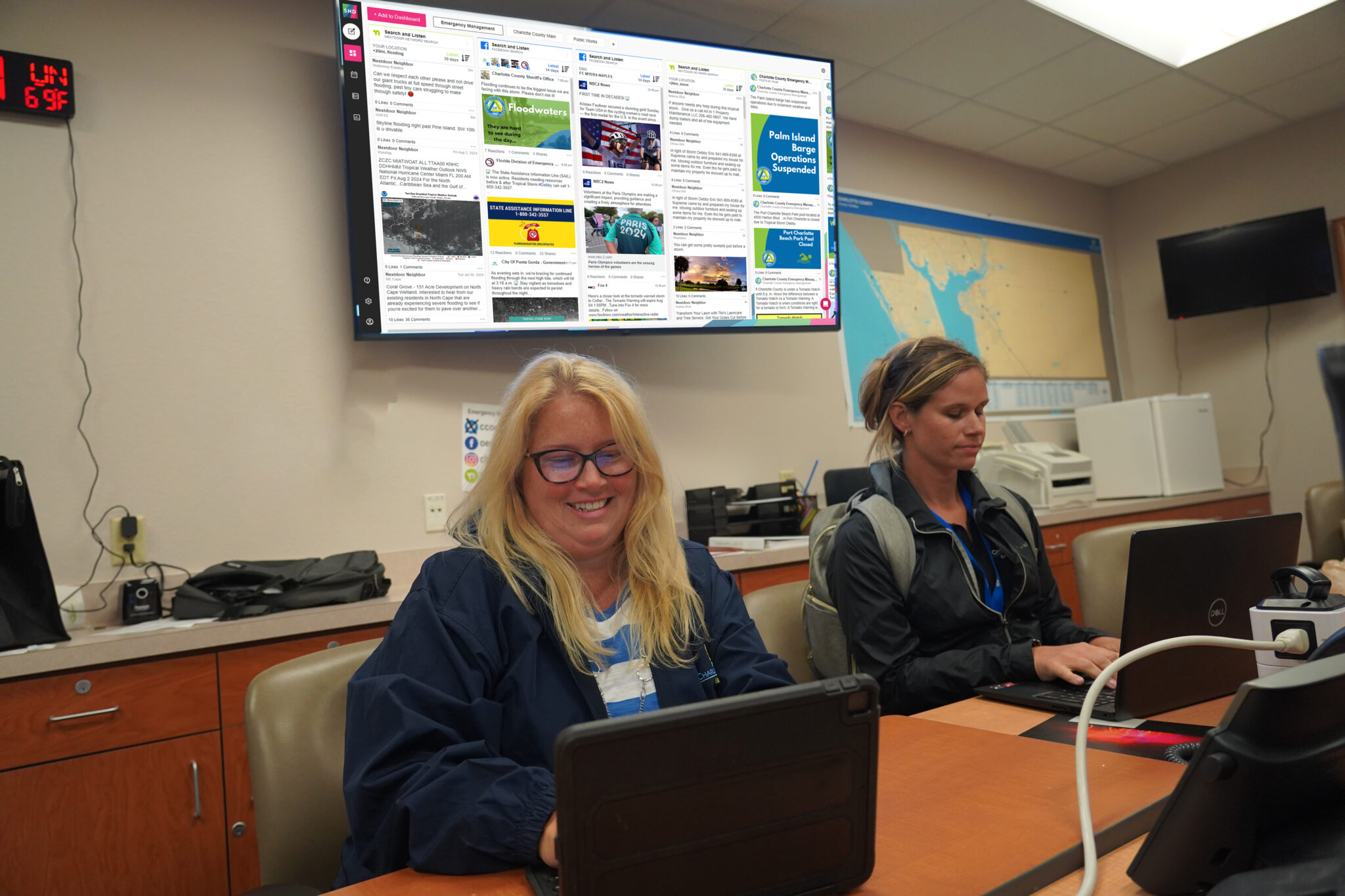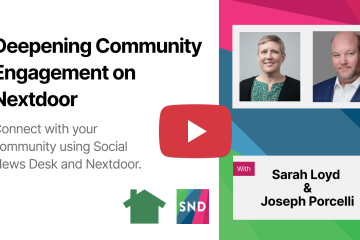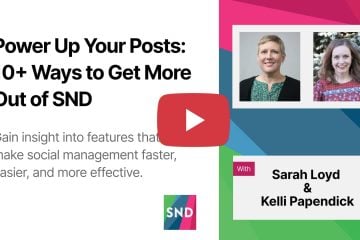When every second counts, the clarity and coordination of your message can be the difference between order and chaos. In an age where crises unfold in the public eye—orifice—communicators need a tool that brings control, connection, and confidence. Enter Social News Desk (SND): a centralized social media platform reshaping how multi-agency emergency teams streamline messaging, maintain unity, and build public trust.
A Real-Time Case: Tropical Storm Debby in Charlotte County
During Tropical Storm Debby, Charlotte County’s Joint Information Center (JIC) harnessed SND’s Search & Listen dashboard, projecting live social media streams directly onto EOC monitors—essentially creating a social command center. These feeds captured:
- Real-time photos and videos of storm impacts
- Local sentiment from residents
- Activity from neighboring agencies and media outlets
This “live mirror” effect allowed Emergency Management and Communications leads to anticipate community needs and align messaging—not only accelerating response, but ensuring consistency across agencies. As Todd Dunn, the JIC lead put it: “The capability to add and track social media channels in real time was an invaluable tool.”

What Made SND So Effective?
- Unified Social Intelligence: Instead of switching across platforms, teams can monitor multiple channels and geolocations—like flooding zones—via keyword filters and curated streams.
- Shared Situational Awareness: Command-level visibility of emerging issues helped align operations and public messaging efficiently.
- Documentation & Insight: Collected visuals and data serve post-crisis reviews, informing improved strategies for future events.
- Accessibility & Oversight: With all accounts accessible in one dashboard, team leaders can delegate posts while retaining editorial control.
Strategic Insights for Leaders in Emergency Communication
Here’s how the Charlotte County experience sparks broader strategic thinking:
1. Synchronize for Unified Command (Meta-Leadership)
In multi-agency response structures—like ICS or the National Incident Management System—alignment matters. SND’s platform facilitates a meta-leadership mindset: enabling leaders across agencies to share real-time insights, coordinate messaging, and act with unified purpose.
2. Leverage Social Listening as an Intelligence Tool
Social media isn’t just about communication—it’s a sense-making mechanism. Academic research shows that emergency agencies increasingly rely on social media for situational awareness and public sentiment, across all phases of crisis management. SND’s real-time feed meets this need by turning chatter into action.
3. Prepare Before the Storm Hits
Crisis communication isn’t spontaneous—it must be pre-packaged and agile. Preparing message templates, visuals, and workflows ahead of time—and hosting them in SND—creates responsiveness and reduces cognitive load during high-stress events.
4. Confront Misinformation Head-On
Social media is a double-edged sword: it spreads both truth and rumors. Rapid monitoring and correction on trusted, official channels help contain false narratives before they spiral—especially when platforms like Twitter face credibility challenges. SND’s centralized moderation helps teams act decisively and consistently.
5. Build Public Trust through Visibility and Empathy
Transparency before, during, and after a crisis builds trust. Posts showing drills, preparedness, and real empathy humanize agencies—reinforcing credibility when it matters most.
In complex multi-agency settings, the command center is no longer just about radios and radios—it’s about data, sentiment, and synchronized storytelling. Social News Desk equips emergency communicators with a unified dashboard to see, respond, and align—all in real time.
Behind every well-coordinated response is a message delivered at the right moment, real empathy, and a shared vision. Let SND be the medium—and the message.




